- Home
- Education
- Academic and Research Departments
- Department of Biology
Department of Biology
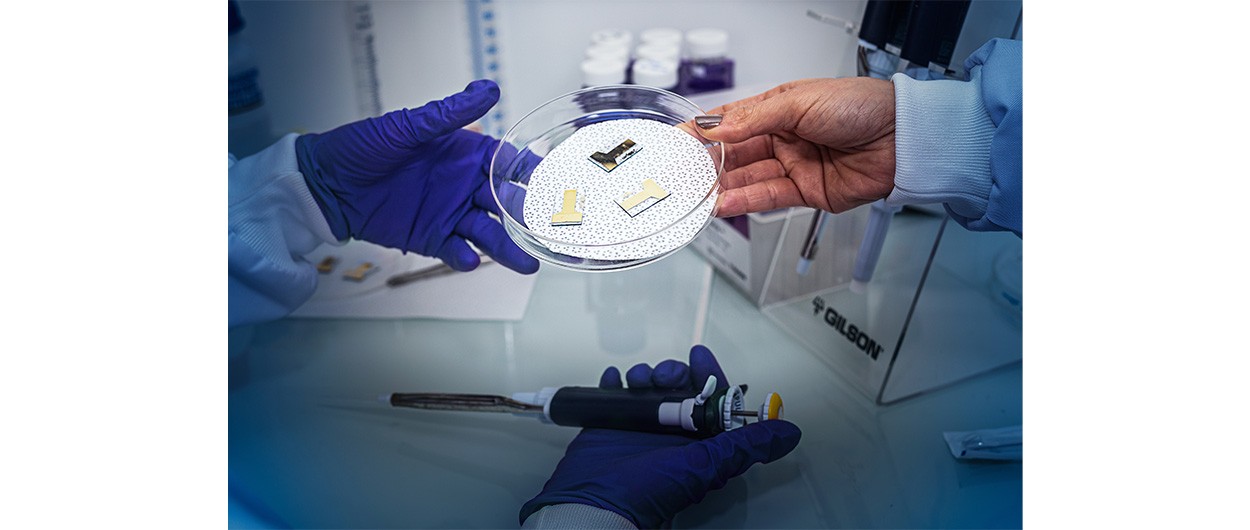
The biology lessons in the second year provide, for all, an upgrade in molecular and cellular biology.
This leveling serves as a passport to access without difficulty the other courses of the biology department, in year 2 as in year 3. Three additional courses are offered in year 2, in Cellular Biology, on Pathologies and Therapeutic Strategies, and on the Ecology and Biodiversity. A Biology Modal is also offered, which is an introduction to the experimental approach in the life sciences.
The lessons of year 3 are intended for students who want to explore the properties of living things in greater depth and at increasing levels of integration, from molecules to cells and organisms: genetics, reproduction, cloning, architecture and cell speciation, network of cells in communication, ontogeny of the nervous system, populations, genomics. It is a question, in these fields, of providing operational knowledge in Biology which will allow the pupils to continue in this branch.
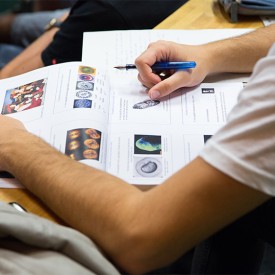
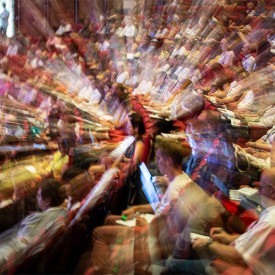
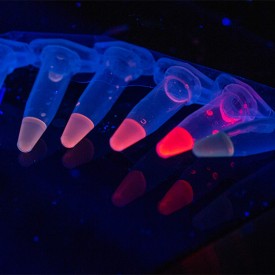
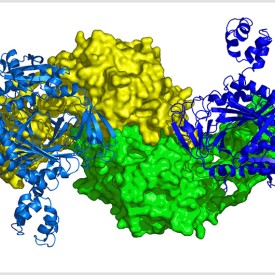
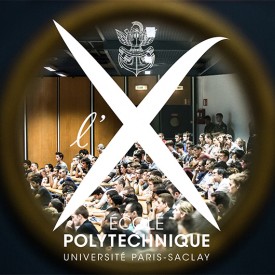
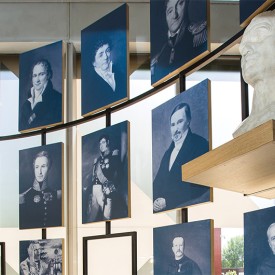


 Support l'X
Support l'X